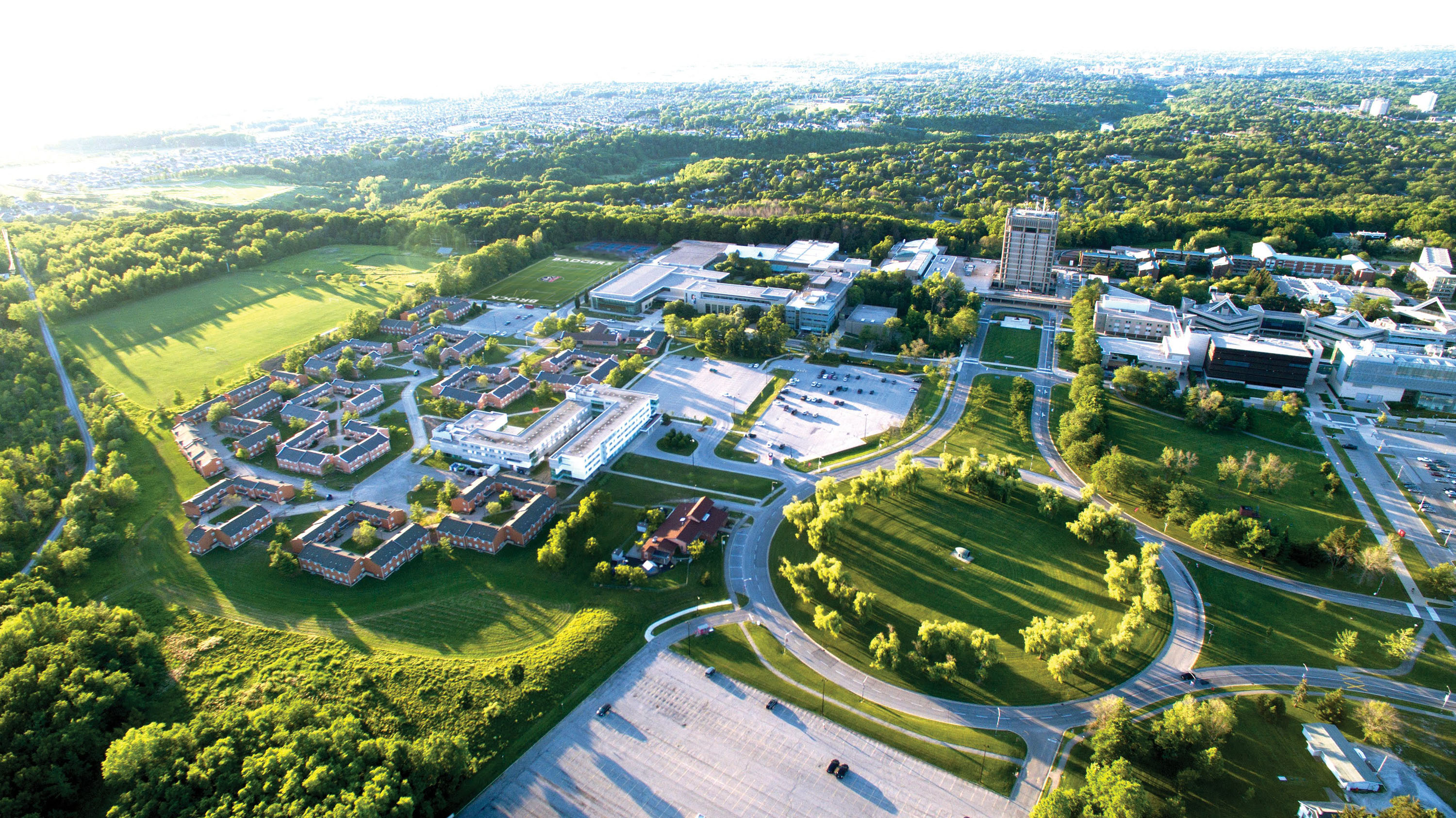
By: Thurkkha Thayalalingam
Brock hosted the Ontario Association of Physical Plant Administrators (OAPPA) 2023 Conference this past week!
As we are deeply committed to sustainability in everything we do, it is important to incorporate sustainability throughout the university’s operations, including conferences such as this one! These are a few of the changes and initiatives the university implemented to make this conference more sustainable:
Refreshments and Dining
- China and silverware were used for breakfast and lunches
- Compostable plates and cups were used for all coffee breaks
- Jugs of pop, juice and water were used instead of individual plastic bottles
- Delegates were encouraged to bring their own reusable water bottles and to use refillable water stations
Paper
- Conference itinerary, directions, and other information was available via QR code
- Reduced paper signage for directions by providing a virtual guide to delegates
- Delegates were encouraged to recycle lanyards and badges at the end of the conference
Waste
- Recycling and composting stations will be accessible during all meals and breaks
If you are planning to host a conference in the future, these are just some ideas that you can incorporate to make your conference sustainable!



















